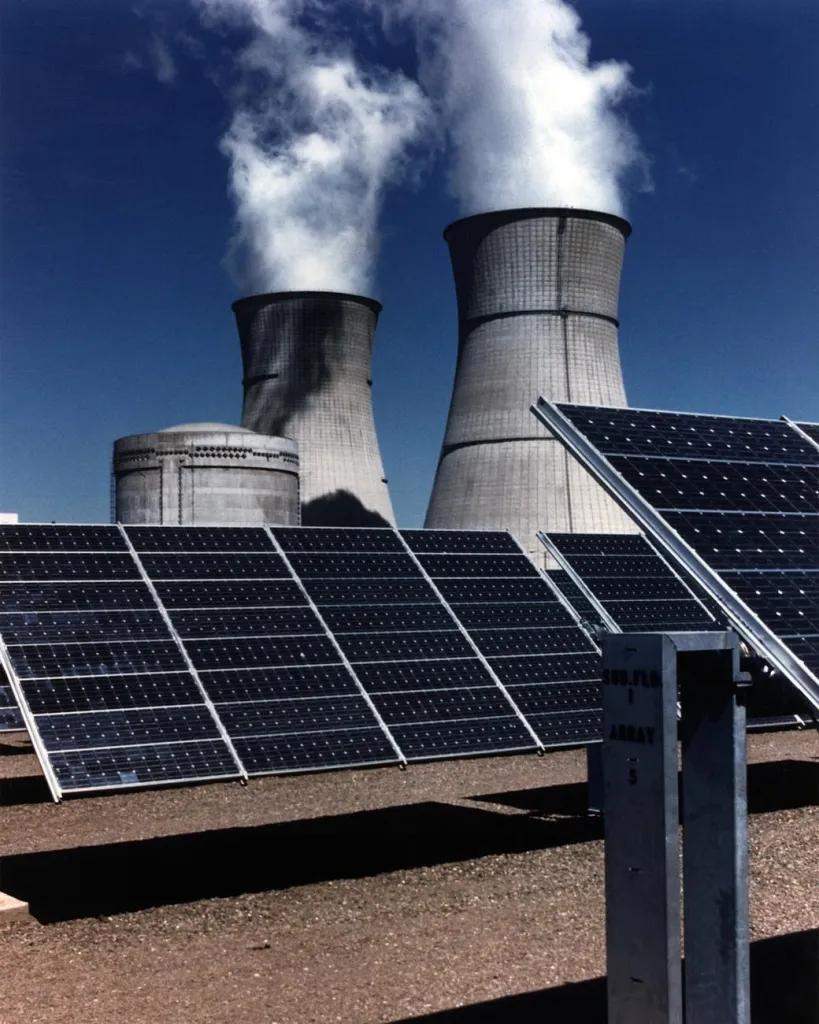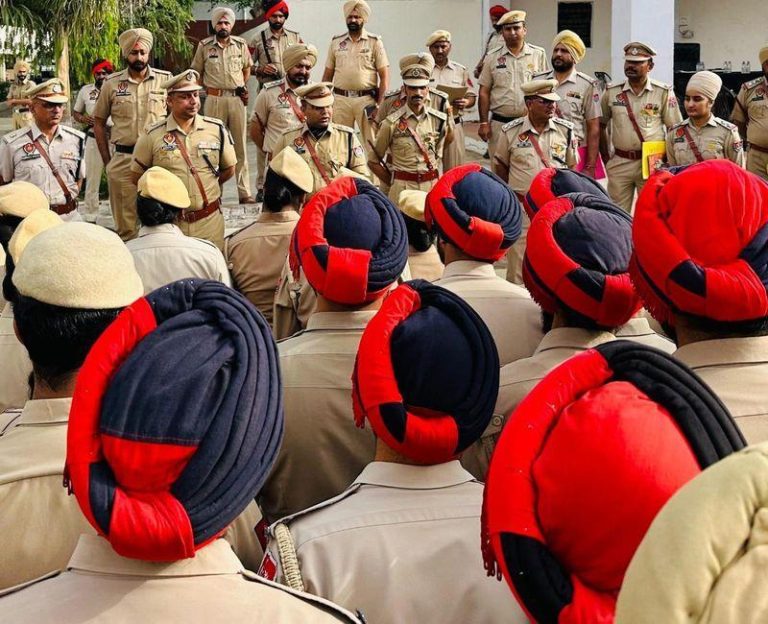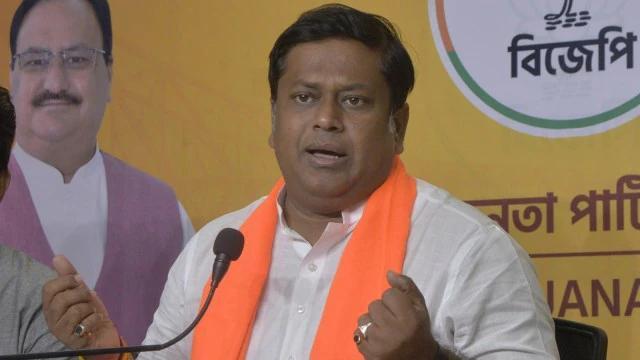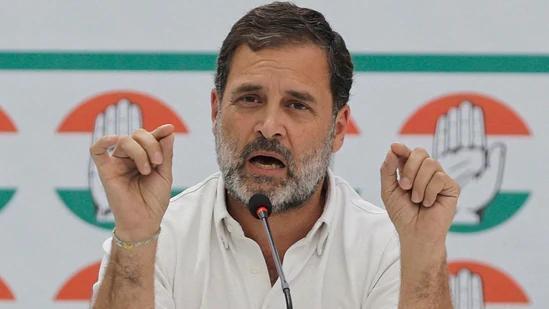
Rajasthan Seeks Approval to Procure 3,200 MW Thermal Power
Rajasthan, a state in western India known for its rich cultural heritage and vibrant cities, is set to take a major step towards ensuring energy security for its inhabitants. Rajasthan Urja Vikas & IT Services Ltd, the state’s power utility company, has sought approval to procure 3,200 MW of thermal power via competitive bidding. This move comes as a response to the state’s energy deficit, which has been a pressing concern for the government and its citizens.
The decision to procure thermal power is not a departure from the state’s commitment to solar energy. In fact, Rajasthan had initially planned to bundle 8,000 MW of solar power capacity. However, complexities and challenges in implementing the solar expansion plan led to a separate tender for thermal power procurement. This dual approach is a testament to the state’s commitment to a balanced and sustainable energy future.
Addressing the Energy Deficit
Rajasthan’s power demand has been steadily increasing over the years, driven by rapid urbanization, industrialization, and economic growth. The state’s current power supply is struggling to keep pace with this demand, resulting in frequent power outages and voltage fluctuations. To address this energy deficit, the state government has been exploring various options, including increasing power generation from thermal sources.
Thermal power generation is a reliable and efficient way to meet peak demand during hot summer months when solar power generation is lower. The planned thermal power procurement will not only help bridge the energy gap but also ensure a stable power supply to industries, households, and commercial establishments.
Debt-Ridden Utilities a Concern
Rajasthan’s power utilities have been struggling with debt, which has limited their ability to invest in new power projects. The state government has been working to address this issue by providing financial support and restructuring debts. The thermal power procurement plan is expected to help utilities recover from their financial burdens and invest in new projects, including solar and renewable energy initiatives.
Solar Power Expansion Remains a Priority
Despite the thermal power procurement plan, Rajasthan remains committed to its solar power expansion plans. The state has been a pioneer in solar energy, with a target of reaching 30,000 MW of solar power capacity by 2030. The initial plan to bundle 8,000 MW of solar power capacity was a significant step towards achieving this target.
Rajasthan’s solar power expansion plans focus on decentralized systems, including rooftop solar installations, community-based solar projects, and small-scale solar power plants. The state has also been promoting energy storage systems to ensure a stable and reliable power supply. Energy storage solutions will help mitigate the intermittency of solar power and ensure that power is available when needed.
A Balanced Energy Mix
Rajasthan’s dual approach to thermal and solar power procurement reflects the state’s commitment to a balanced energy mix. The state government recognizes that a diversified energy portfolio is essential for ensuring energy security, reducing carbon emissions, and promoting sustainable development.
The thermal power procurement plan will help balance the state’s energy mix, while the solar power expansion plans will ensure a cleaner and more sustainable energy future. Rajasthan’s focus on decentralized systems and energy storage solutions will also help promote energy access and self-sufficiency, particularly in rural areas.
Conclusion
Rajasthan’s decision to procure 3,200 MW of thermal power is a significant step towards addressing the state’s energy deficit. While the state remains committed to its solar power expansion plans, the thermal power procurement plan will help ensure a stable power supply to industries, households, and commercial establishments.
As the state moves forward with its energy plans, it is essential to ensure that the thermal power procurement process is transparent, competitive, and environmentally sustainable. Rajasthan’s focus on decentralized systems, energy storage solutions, and a balanced energy mix will help promote a sustainable energy future for its citizens.
Source:






